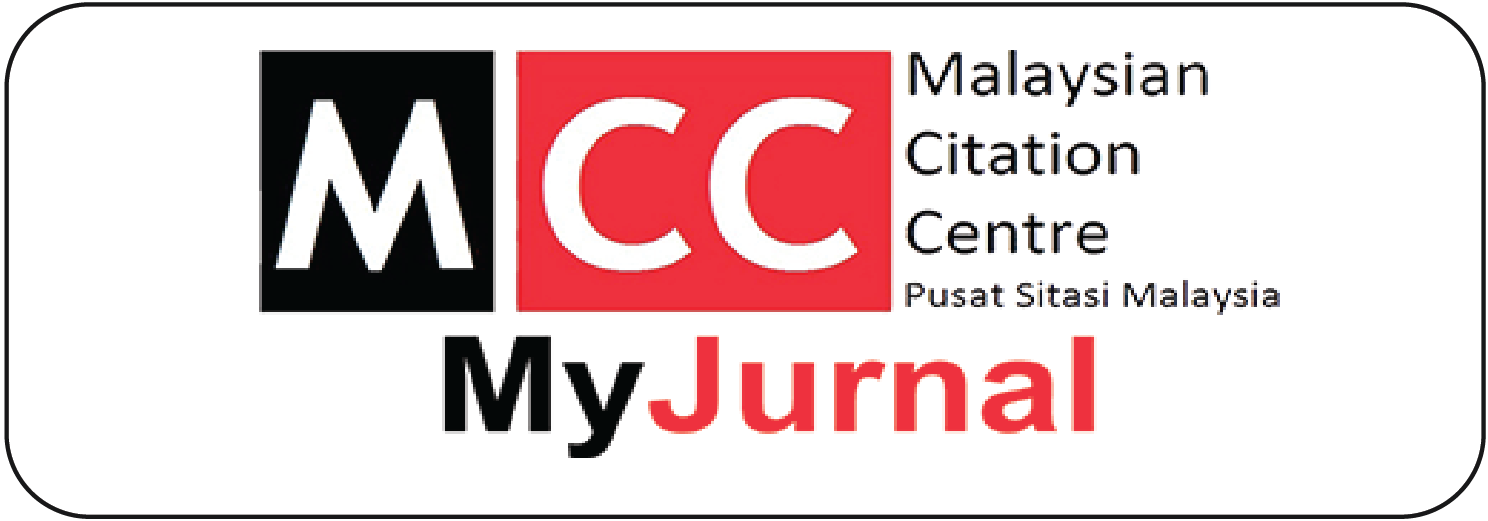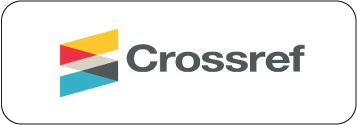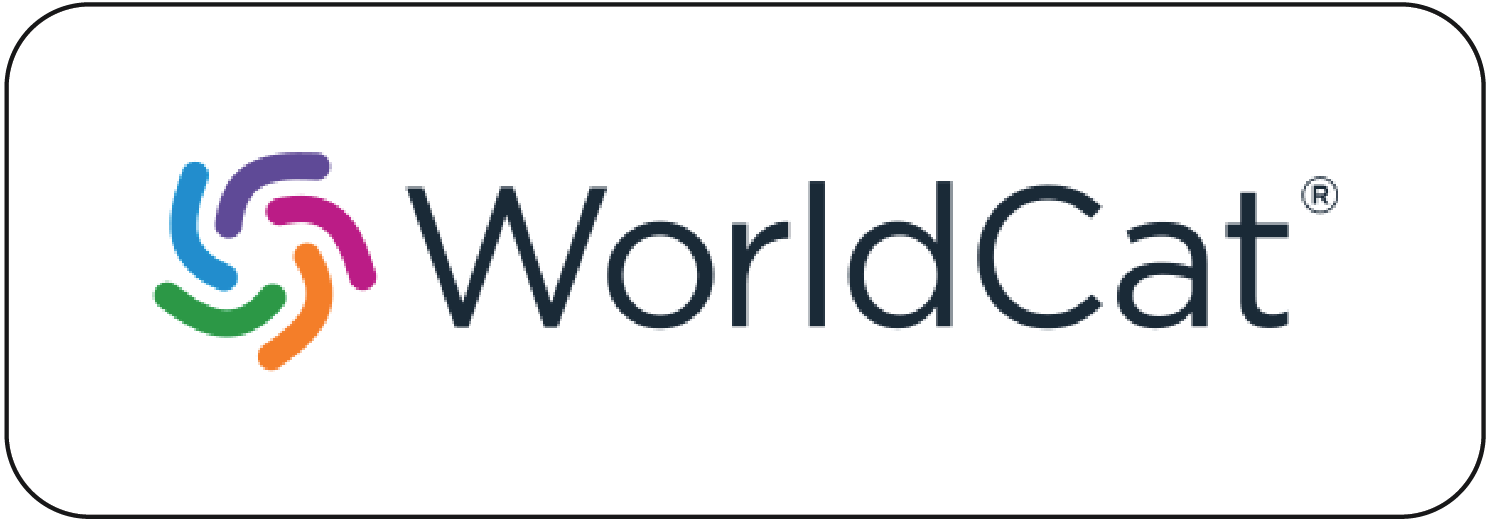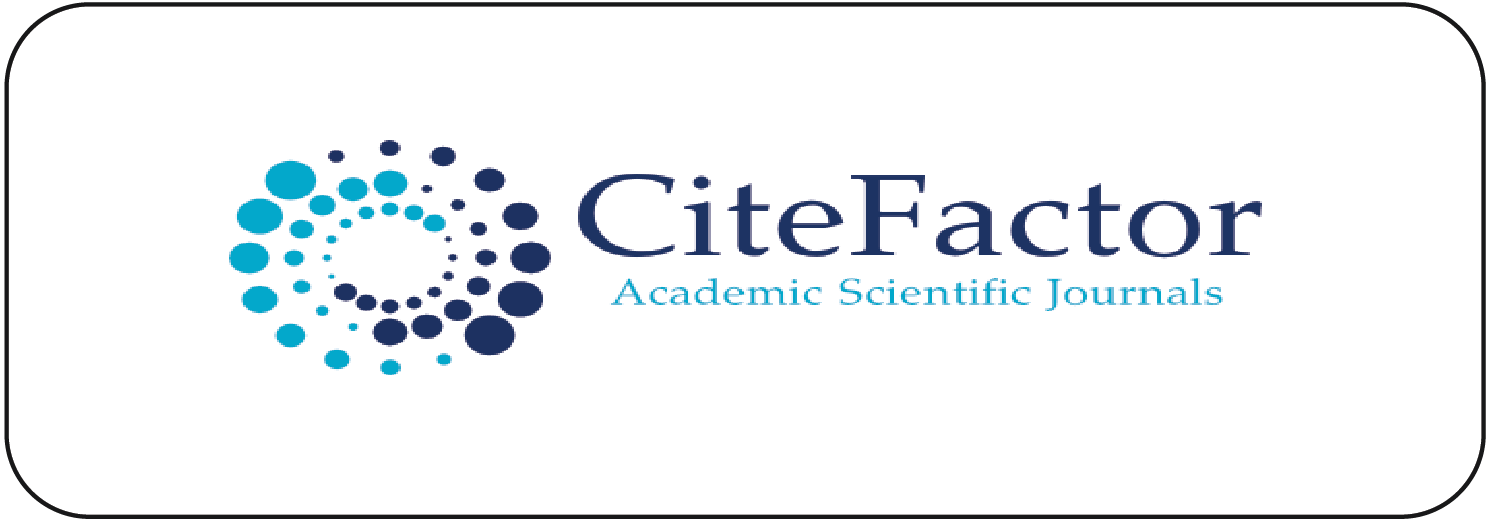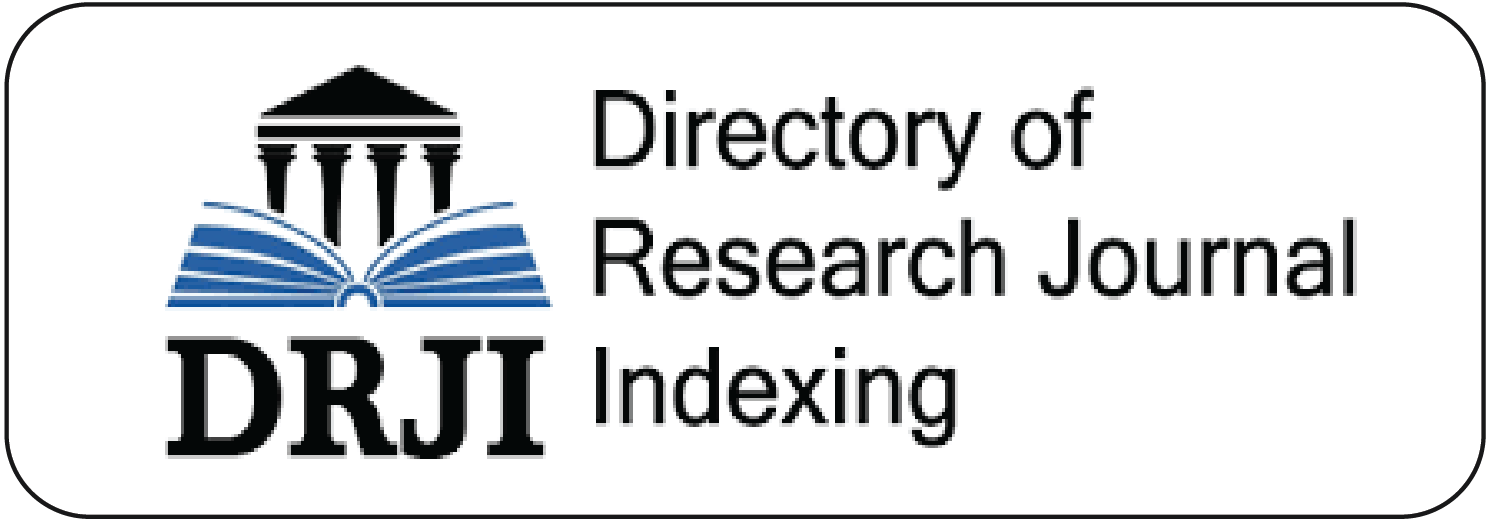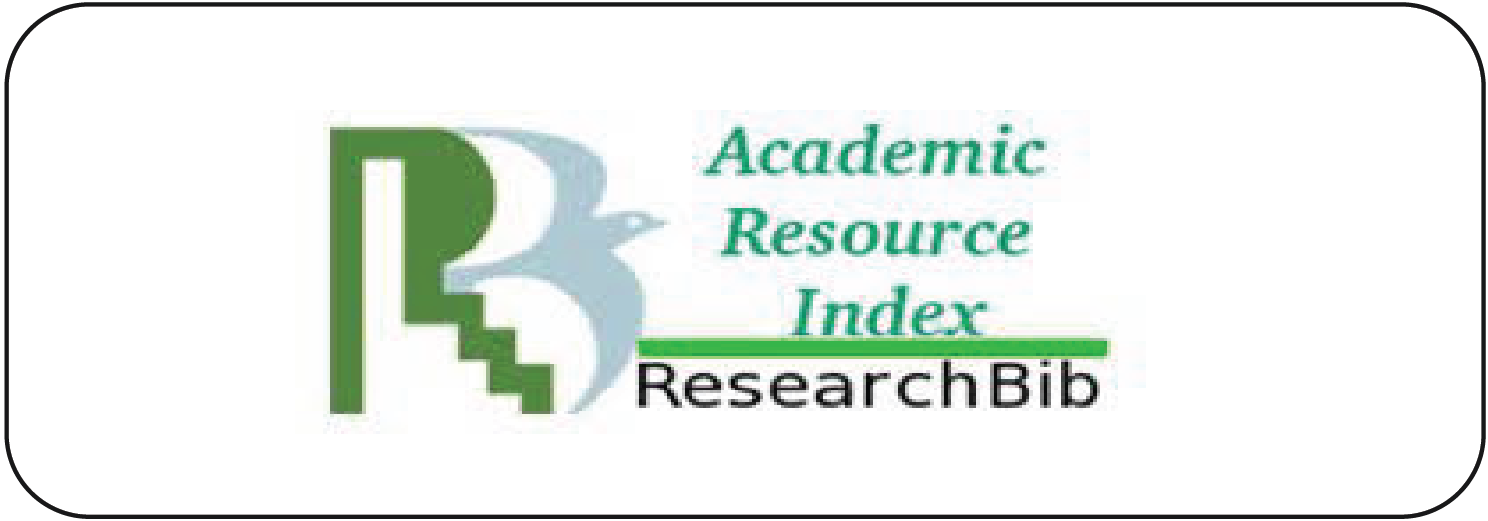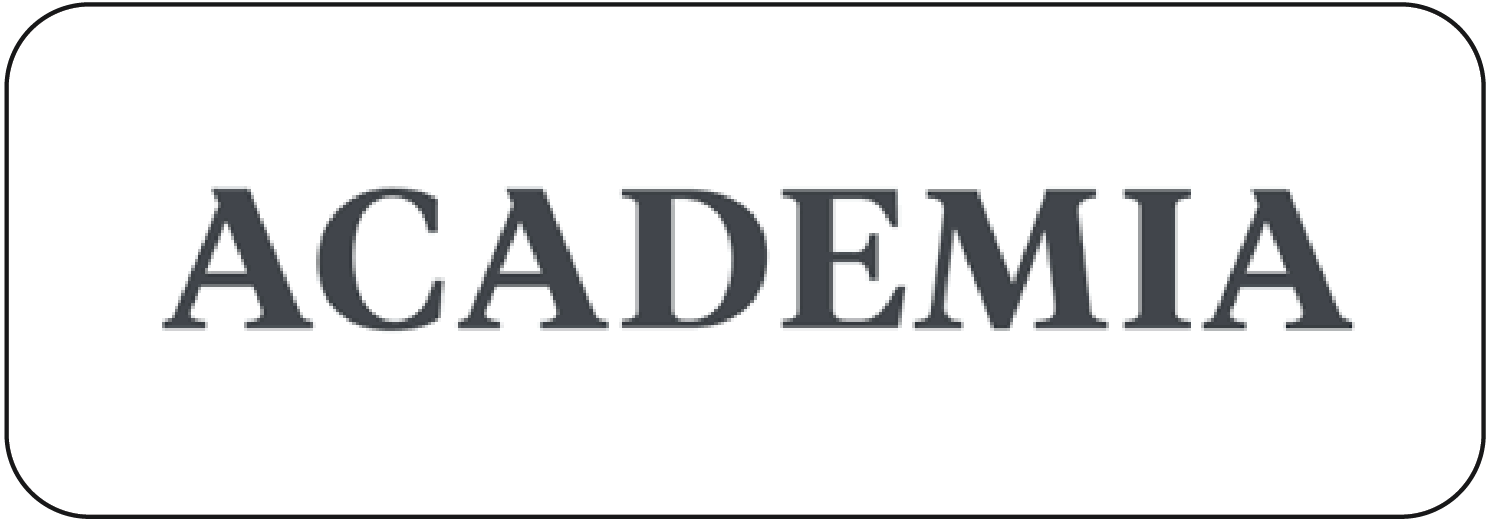Announcements
Statement on the Use of Generative AI
1. Introduction
The AZKA International Journal Of Zakat & Social Finance (AZJAF) is committed to research integrity, transparency, and ethical publishing. This policy provides clear guidance for authors, reviewers, editors, and readers on the responsible use of Artificial Intelligence (AI) tools, including Generative AI (GenAI) and Large Language Models (LLMs). AI tools may assist with:
- Idea generation
- Language editing and clarity
- Data visualization
- Basic analysis support
However, AI tools are only supplementary. They cannot replace human creativity, critical thinking, ethical judgment, or scholarly interpretation.
2. Risks and Limitations of AI Tools
While useful, AI tools pose several ethical, legal, and scholarly risks:
- Inaccuracy and Bias – AI outputs may contain errors, misinterpretations, or biased information.
- Confidentiality and IP Breach – Uploading sensitive or proprietary data can risk privacy, security, or copyright.
- Lack of Proper Attribution – AI cannot reliably cite sources and may lead to unintentional plagiarism.
- Unintended Data Sharing – Information in public AI tools may be stored or reused, violating ethics approvals or data policies.
- Rights Infringement – AI platforms may reuse uploaded content, affecting the rights of authors, publishers, and participants.
3. Responsibilities of Authors
Authors are fully responsible for all AI use in their research and writing. They must:
- Ensure AI use complies with ethics approvals, copyright, and data protection policies.
- Verify that all results are accurate, original, and reliable.
- Take full ownership of the interpretation and scholarly meaning of their work.
Mandatory AI Use Statement
If AI tools are used, authors must include a statement in the Methods or Acknowledgements section specifying:
- Which AI tool(s) and version were used.
- How they were used (e.g., grammar check, figure enhancement).
- Why they were used.
Prohibited Uses:
- AI cannot generate research content, interpret results, or draw conclusions.
- AI cannot be listed as an author, as it cannot take responsibility for the work.
4. Responsibilities of Editors and Reviewers
AZJAF strictly protects the confidentiality of the peer review process.
- Do not upload any manuscript content or data to public AI tools (e.g., ChatGPT).
- Secure, institution-approved AI tools (e.g., Microsoft Word Editor, Grammarly Enterprise) may be used only for editing review reports, never for analyzing manuscripts.
- Any AI use that risks confidentiality or review integrity is strictly prohibited.
5. Undisclosed or Inappropriate AI Use
If undisclosed or improper AI use is suspected, AZJAF will:
- Conduct an editorial investigation in line with Committee on Publication Ethics (COPE) guidelines.
- Take necessary actions, including:
- Rejection of the manuscript
- Retraction of the published article
- Notification to the authors’ institutions
6. Commitment to Research Integrity
This policy reflects AZJAF’s commitment to ethical scholarship, transparency, and global publishing standards. By adhering to these guidelines, authors, editors, and reviewers help maintain the trust, credibility, and quality of research published in AZJAF, in full alignment with Scopus and COPE expectations.



